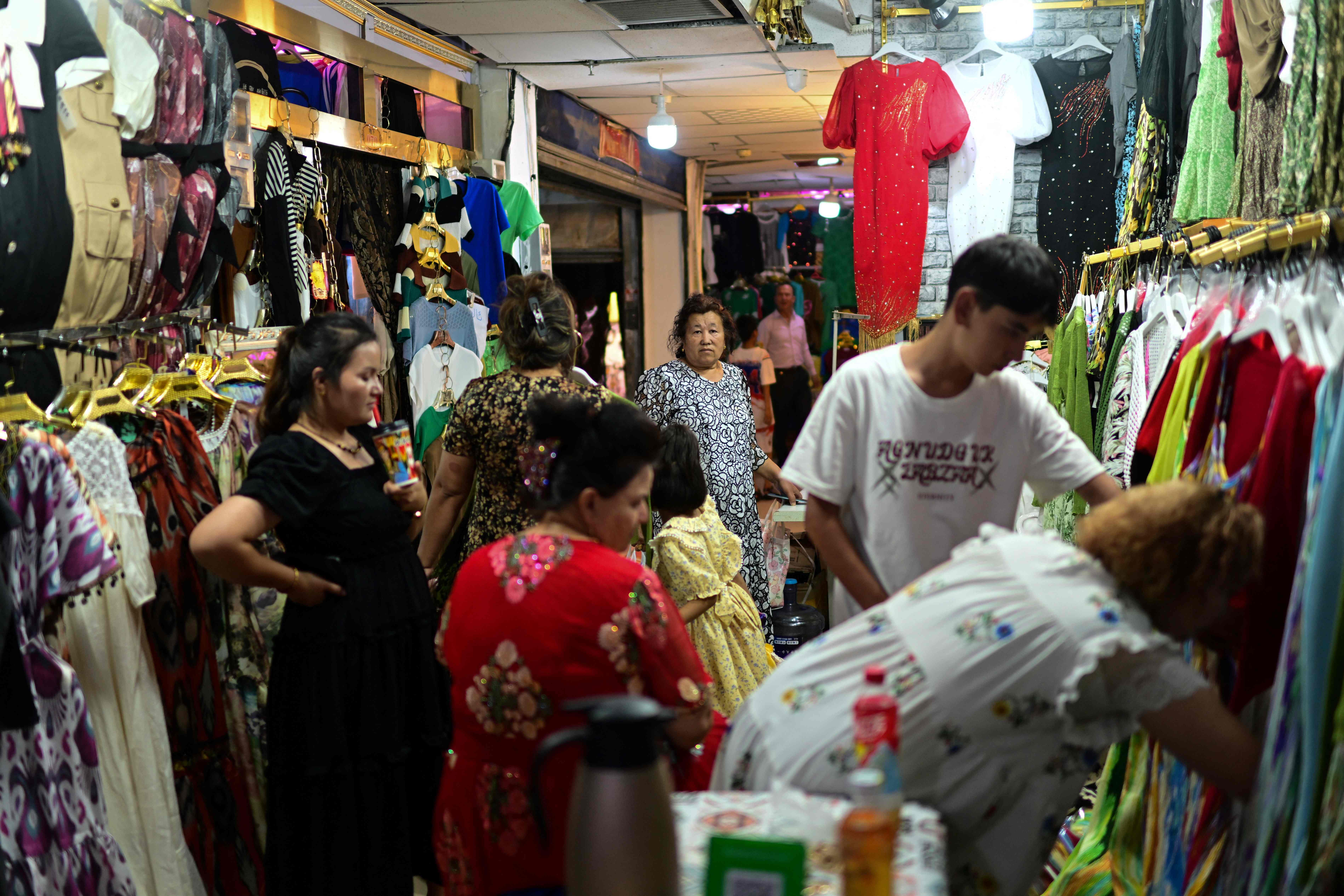China considers law banning clothes that ‘hurt feelings’
People could end up in detention centre for 15 days for violating the proposed law, report says

Your support helps us to tell the story
From reproductive rights to climate change to Big Tech, The Independent is on the ground when the story is developing. Whether it's investigating the financials of Elon Musk's pro-Trump PAC or producing our latest documentary, 'The A Word', which shines a light on the American women fighting for reproductive rights, we know how important it is to parse out the facts from the messaging.
At such a critical moment in US history, we need reporters on the ground. Your donation allows us to keep sending journalists to speak to both sides of the story.
The Independent is trusted by Americans across the entire political spectrum. And unlike many other quality news outlets, we choose not to lock Americans out of our reporting and analysis with paywalls. We believe quality journalism should be available to everyone, paid for by those who can afford it.
Your support makes all the difference.China is reportedly mulling implementing a new law to penalise people for wearing clothes that offend the Communist government's sensibilities.
According to a draft of revisions to the proposed law, a wide range of behaviour, including dress or speech “detrimental to the spirit of the Chinese people and hurt the feelings of the Chinese people" would be prohibited.
The draft was released by the standing committee of the nation's legislature and has been listed among their priorities for passage this year, Bloomberg reported.
Violating the law would send a person to a detention centre for up to 15 days or hand over a fine of up to 5,000 yuan (£545). However, it was unclear what images or speech would be considered offensive by the government.
The draft law highlights president Xi Jinping's bid to throttle dissent in the nation of some 1.4 billion people over his decade in power.
A woman was detained last year in Suzhou, a city near Shanghai, for wearing a kimono (a traditional Japanese attire) in public, according to the report.
Chinese authorities in recent months have clamped down on people wearing shirts with rainbows at concerts or distributing flags with pro-LGBTQ+ symbols on them.
The proposed law has led to outrage among Chinese citizens on social media, with people questioning how the authorities would know when the nation's feelings would be hurt.
“Shouldn’t the spirit of Chinese nation be strong and resilient,” Weibo handle “Nalan lang yueyueyue” asked. “Why can it be easily damaged by a costume?”
Earlier in 2019 during the pro-democracy protests in Hong Kong, the Chinese government had placed a ban on exports of black clothes from the mainland to the financial hub.
Protesters had adopted plain black T-shirts, trousers and face masks as their uniform during rallies.
Black shirts and other clothing, helmets, umbrellas, walkie-talkies, drones, goggles and metal chains were among the items banned by Beijing.



Join our commenting forum
Join thought-provoking conversations, follow other Independent readers and see their replies
Comments